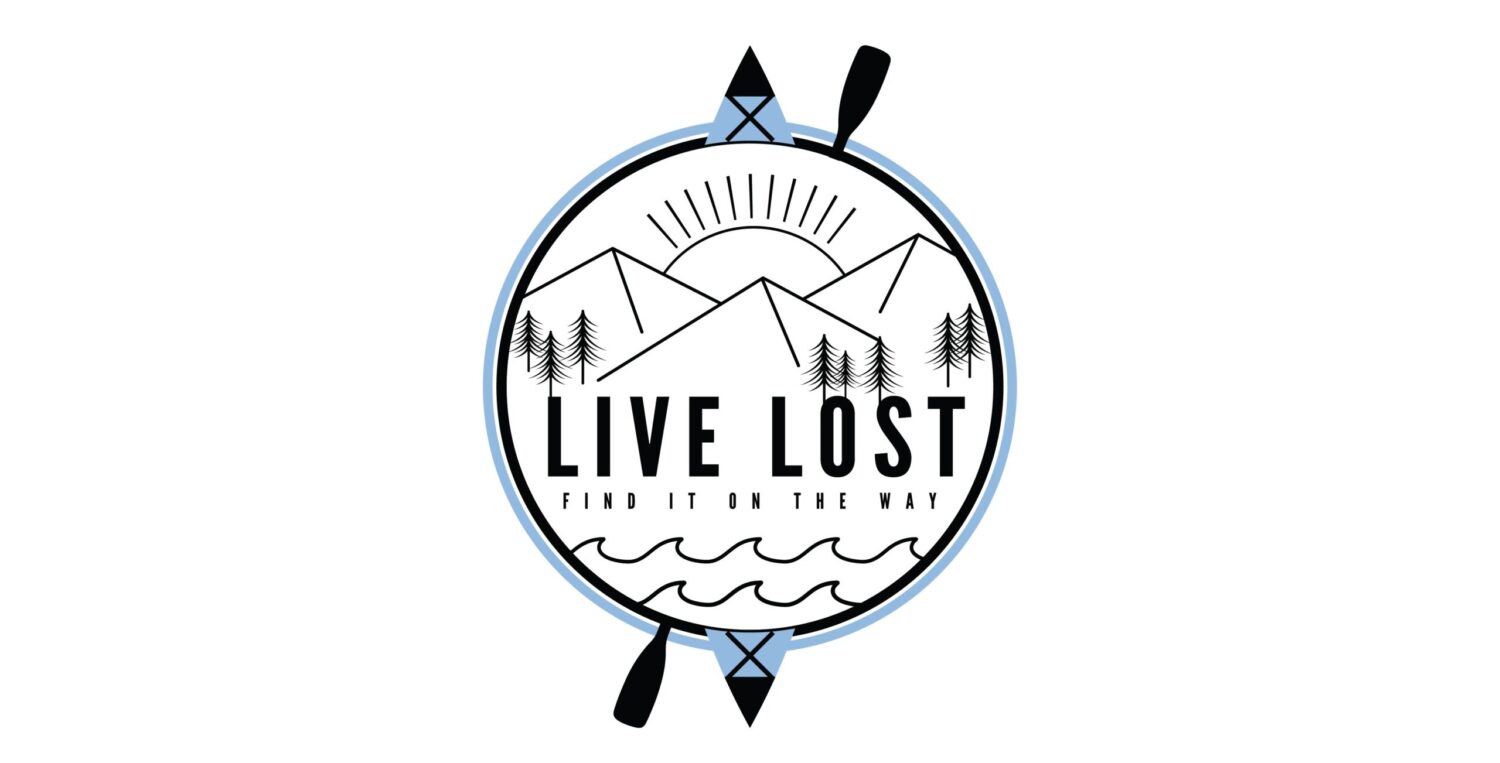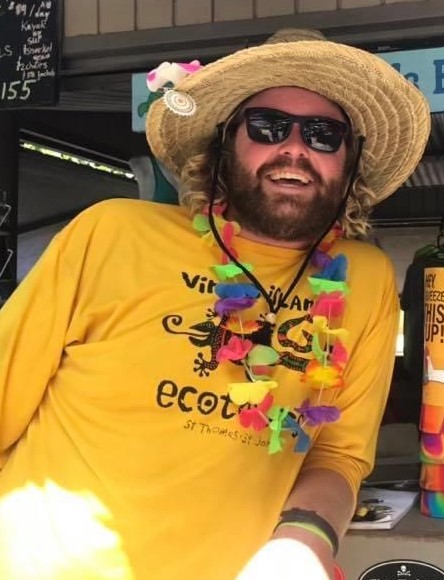WHO: Raft Tiger Vans
WHERE: Asheville, North Carolina
In part-one of The Spotlight with Nate, we learned how he’s traveled around the country, spending time rafting in the summer and skiing in the winter. In part two, hear all about Raft Tiger Vans, Nate’s business building some of the best camper vans available for adventurers.
Van Life has become big. Many people are converting vans into camper vans, some to be lived in full time. Nate, however, has been in on the van life party for a long time since living in a van he built years ago. He took the skills and knowledge he learned while living in a van himself to design a layout that’s made specifically to be lived in, off the beaten path, on an adventure.

Me: What’s behind the name Raft Tiger?
Nate: It was originally my Instagram name that somebody came up with for me. Raft came from that I was rafting at the time, and tiger came from the name of the van I was living in at the time also. I started advertising the vans I was building and the name stuck.
Me: How’d you start building vans?
Nate: I first started by fixing up a van that I lived in. There were a lot of things that didn’t work, so I redid a lot of things, like the electrical system, and I installed solar panels and a battery system. So I learned a lot doing that, and there was a lot of technical stuff. Some of it I learned in engineering school, but one of the best things I learned by living in the van was the day-to-day things you need to know to live in such a small space on the road.
Me: And what do you need to know? What did it teach you about van life?
Nate: How do you live in this space? How many hours a day can I spend every day for a season in a space that’s 6 feet by 8 feet? You learn how important the layout of the van is, you think about sound insulation, the driving quality, how heavy will it be while driving. Things you wouldn’t know without doing it. Those were the most valuable things I learned.
M: So what are you looking for when you’re building a van? Explain the priorities.
N: All but two of my vans have had the same layout. I put so much thought into the original design and it works so well that I don’t need to change too much. It’s not about the number of amenities, it’s about how much time do you want to spend in this space. So the layout is important, and then after that I think about how to make it lightweight and quiet. You spend a lot of time driving, so you don’t want a lot of noise. And then it’s about fitting the amenities, like the kitchen, the fridge, the toilet and shower and bed. Especially the bed.
M: Yeah, the bed’s important.
N: I feel it’s important to have a comfortable bed since you spend so much time there. I’m not a fan of modular beds, I like the permanent ones. I also like a lot of windows, because I think of it as a small house, and you wouldn’t want a house with no windows. I also like to dress up the outside, make sure it has a nice curb appeal. I put time into the outside, like including awnings and porch lights, an access ladder. I make them look like an adventure van because that’s what they’re supposed to be. They’re not meant to be parked in an RV spot, they’re meant to be fully off grid. You have no set destination and you just go where you want to. It’s all about the adventure.

Me: When did you think you could start selling them?
Nate: The idea came when I sold my first van. I sold it for a solid profit, which was a surprise that somebody else felt that it was worth that much. It was all from the value that I added to it. When I moved to Asheville, I had the setup to do it where I thought it could work. The second one I was able to make another good profit from it to convince me to keep doing it.
M: How many have you built?
N: I’m working on my 8th van right now since the end of 2019 when I started.
M: How long does it take to build a van?
N: Two, two and a half months.
M: How many hours a day?
N: I like working. I’ll work twelve hours in a day. I love it. Especially during quarantine, I worked twelve hours a day, seven days a week. It was awesome.
M: What’s the hardest part about building a van? To you.
N: Sewing. I’m just really bad at sewing. I ended up just having friends help me do it for now cause it’s just not something I want to do.
M: Who are your customers? Who is interested in van life?
N: I’ve sold vans to a variety of different people. I thought there would be a type, but no. I’ve sold to older couples, lesbian couples, a kid about my age who just wanted to move into a van. One couple I sold to uses it with their kids, another uses it on the weekends when they travel. A huge variety, one that I wasn’t expecting. California, Washington, Colorado, Minnesota, and North Carolina are just a few places I’ve sold to.

Me: Why do you think van life has become so big?
Nate: I think people are finding more value in simplifying their lives and getting out more with van life. And van life is something very accessible to everyone. There’s a van for everyone. Wherever you are in life, you can find a van for you. They’re out there. You can get an old one and fix it up yourself, but the most important part is to go adventure and live where you want to. That’s what I did in my first van. My first priority was to get out and adventure, I can work on the van later. And I ended up loving that too. Van life is just sexy.
M: What’s the future for Raft Tiger?
N: It’s not going anywhere, I just might change the way I do it. I want it to keep the same personality that I have where I do something for up to two years and then I try something new. I’ve been building these vans for two years and now I want to try something new, but I’m not totally sure what that is.

Interested in finding out more? Want Nate to build you a van? To stay up to date with Raft Tiger and the world of van life, you can find the Raft Tiger website here, and follow Raft Tiger on Instagram here.







Van life is so cool! I know so many people who are interested in it.
Van life is rad for sure. I can’t wait to see what Raft Tiger has in store for the future.